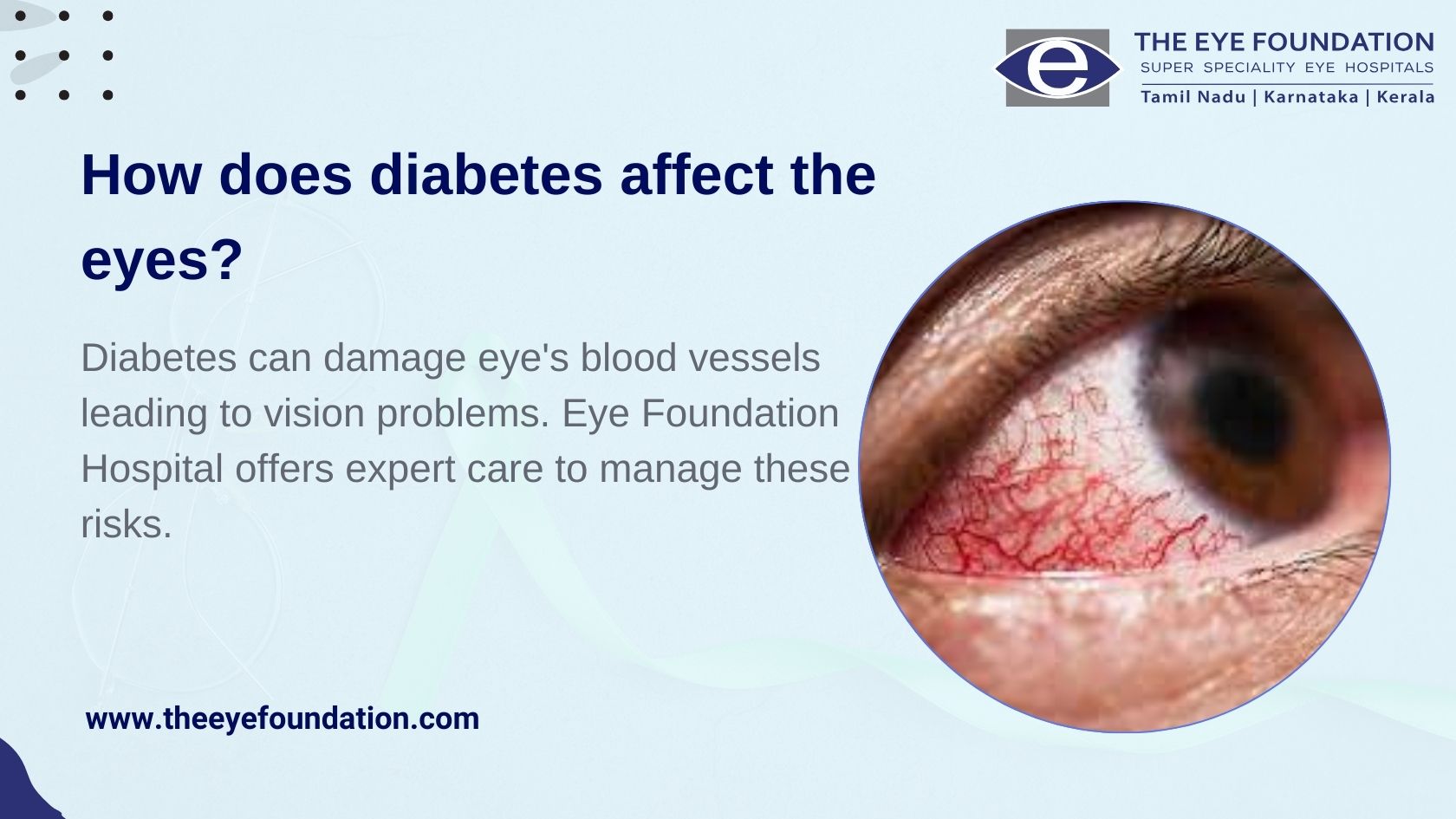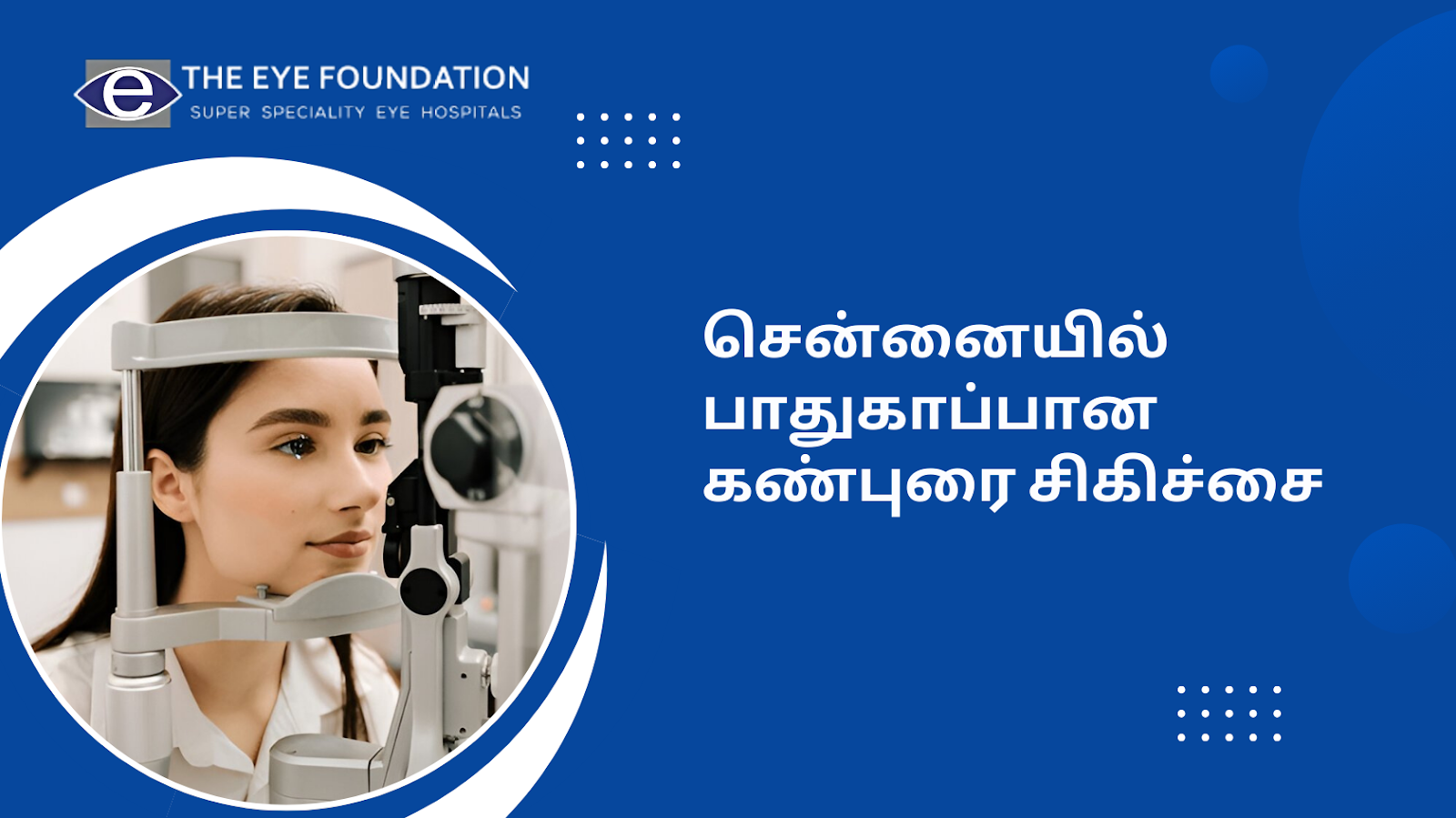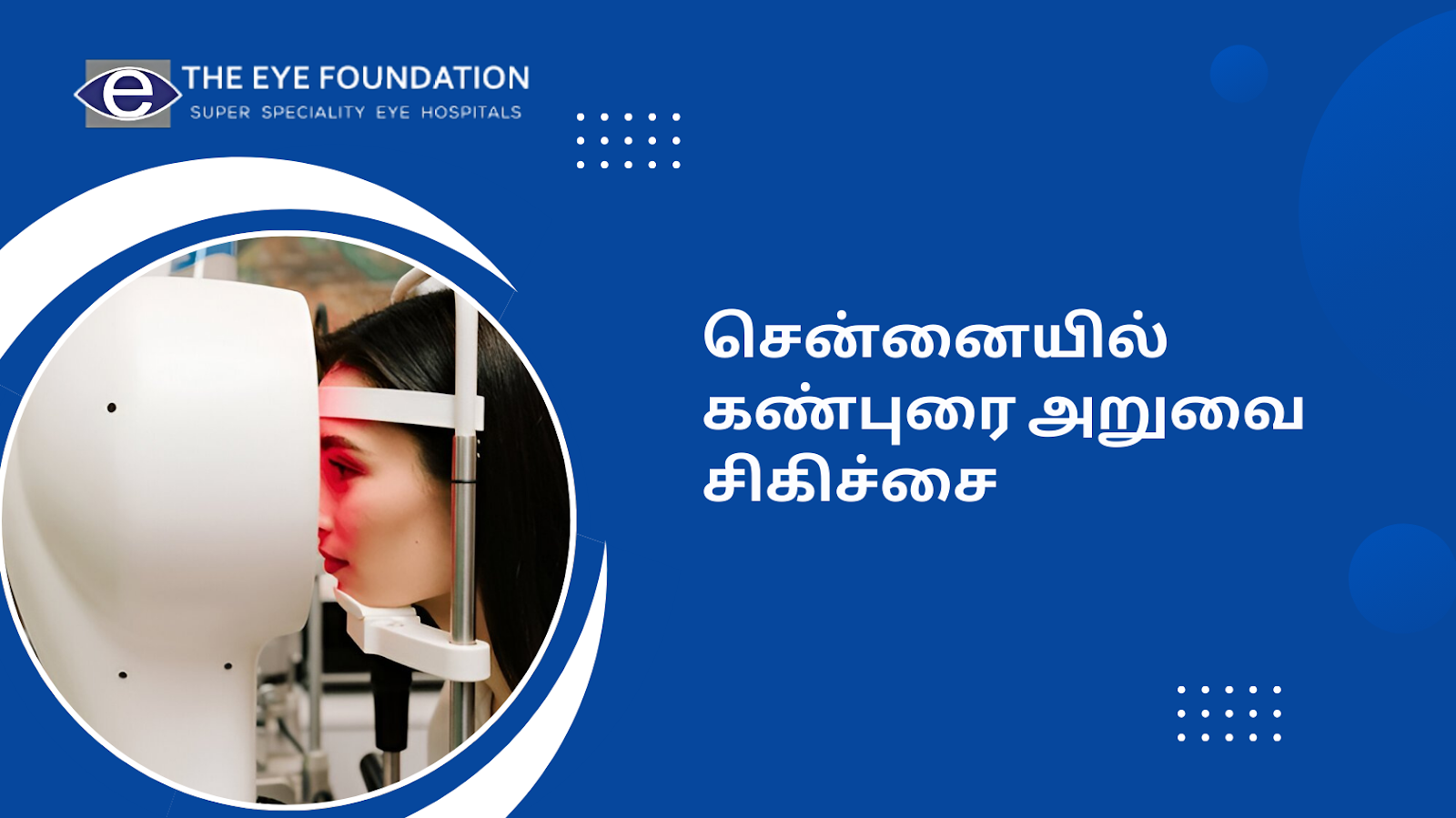Diabetes isn't just a blood sugar issue—it's a condition that can affect various parts of your body, including your eyes. It’s crucial to understand how diabetes can influence eye health and what you can do to protect your vision.
Recognizing Early Signs of Diabetic Eye Problems
Early detection is key when it comes to diabetic eye conditions. Many people might not notice any symptoms at first, but regular check-ups can help catch changes early. Symptoms can include blurred vision, floaters, dark areas of vision, and difficulty perceiving colors.
Key Eye Conditions Caused by Diabetes
- Diabetic Retinopathy: This is the most common diabetic eye disease and a leading cause of blindness in American adults. It occurs when high blood sugar levels cause damage to blood vessels in the retina.
- Diabetic Macular Edema (DME): DME is a consequence of diabetic retinopathy that involves swelling in an area of the retina called the macula.
- Cataracts: While cataracts can affect anyone, people with diabetes are more likely to develop them at a younger age. The lens of your eye could become cloudy, obscuring your vision.
- Glaucoma: The risk of developing glaucoma is also higher in people with diabetes. This condition increases pressure in the eye, which can damage the optic nerve.
Effective Management Strategies to Protect Your Eyesight
Managing your eye health involves more than just treating your diabetes. Here are some straightforward strategies:
- Keep Your Blood Sugar Levels Under Control: Maintaining good blood sugar levels helps to prevent the onset of diabetic eye issues.
- Monitor Your Blood Pressure and Cholesterol: High blood pressure and cholesterol can exacerbate eye problems, making them worse.
- Quit Smoking: Smoking increases your risk of various diabetic complications, including issues with your eyes.
- Schedule Regular Eye Exams: Early detection of any eye problems is crucial for treatment and preventing further damage.
Point by Point: How to Detect Changes in Your Vision
Here's what to watch for and when you should see a doctor:
- Blurry Vision: Don’t overlook this. If it doesn’t resolve itself quickly, schedule a visit.
- Seeing Floaters and Flashes: While common, an increase in floaters or flashes could indicate retinal detachment.
- Changes in Night Vision: If driving at night becomes harder, it could be due to diabetes affecting your eyes.
Schedule Your Eye Appointment Today
Don't wait for symptoms to worsen. If you're concerned about your vision and diabetes, it's time to make an appointment with The Eye Foundation. Our specialists are here to help you keep your vision clear and your eyes healthy.






